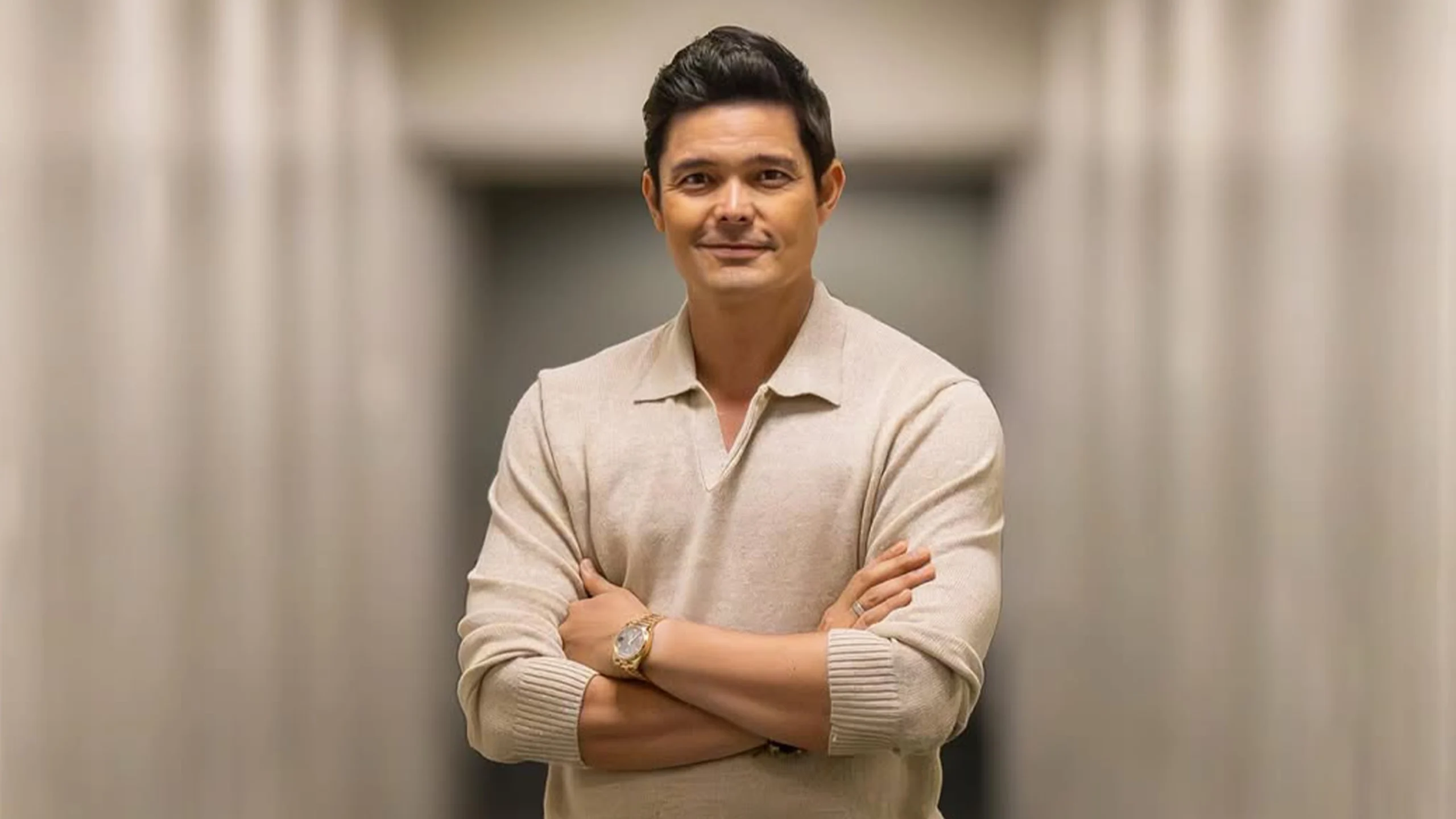Words That Adult Children Would Love to Hear From Their Parents
Even though they’re all grown up, there are just some things that our adult children need to hear from us.
Parenting doesn’t stop—even when our children finally become adults. Our style simply adapts; we become more of a friend and confidante than a disciplinarian. But at the same time, we discover where we did wrong before, with the benefit of hindsight.
Whether we want to make up for our past mistakes (we’re only human, after all) or if we want to reassure our children, we list words that we’ve discovered our adult kids want to hear.

1. “I’m sorry.”
We always teach our kids that nobody’s perfect and that whenever we make mistakes, we apologize for them. As parents to adult children, we are no different. This is especially true when we find out that we didn’t properly prepare them for a situation or realize that there were things we did to them that they didn’t deserve in their childhood.
This is why saying sorry may be one of the things that they want to hear. For proper closure.
Adding that “they didn’t deserve that” or that we handled things wrong after apologizing can help smoothen future relationships. And take note: saying sorry to our adult children doesn’t invalidate all the good memories we had with them. In fact, it adds a new good memory: it shows that we are actively there for them—for both the good and the bad!
2. “I’m so proud of you.”
We know that it’s important to have standards but, think about it: are we raising kids or employees? While it’s normal to give constructive criticism, there has to be a balance of praise also. Constant “constructive” criticism can make our children feel that they’re “never enough.” And this is something that they will carry that all the way to adulthood.
A few moments of telling them “I’m proud of you” will get them as high as a kite and give them the confidence to face the world.
3. “I’m here when you need me.”
We live in a world wherein once children become adults, they’re on their own. But that doesn’t have to mean emotionally! Adults, especially those who were children who grew up in emotionally immature households, often suffer depression and anxiety because they felt there was nothing stable for them to lean on (Amato and Afifi, 2006; Gibson, 2015)
No amount of money, toys, good food, and high-quality education can beat our telling our adult children that we’re there if we need them. And trust us when we say that they need this reassurance—especially in a world as tough as this.
4. “I still love you.”
Under the same premise mentioned in the former, some adult children, after taking a beating from commute and everyday life, find themselves feeling unloved and unappreciated. Even more so when they are in the company of those who are quick to give a not solution-oriented criticism, snap with unnecessary remarks, or feel they have a right to be blunt.
All this will make them feel that they’re just the worst. Given this, they’ll look for people whom they can turn to for solace, comfort, and reassurance. And that’s us!
5. “You’re more than good enough.”
While we want our children to achieve more than us, hammering down on every little mistake without telling them that they’re in the right direction could leave them scattered as adults. Everyone, including us, is always looking for the figurative light at the end of the tunnel when faced with a problem.
And as parents, our job is to either tell them that they’re close or they’re walking away from it, not make the tunnel longer. When they do finally reach the end of the tunnel, praising them for a “job well done” will fill them with confidence and assure them they can tackle the next problem.
6. “It’s okay not to do it. Just be okay.”
It’s been ingrained into our way of thinking and living that we always need to be busy. Even we are guilty of this as parents because we’re expected to raise kids and keep a job or run a business to provide for them. The unnecessary mental pressure and load can eventually crush us and our kids.
And while our adult children look like they have it a lot easier because of technology, the latest advancements also have a caveat: people are more impatient now because they think everything is push-button. People have forgotten to appreciate or give leeway for the process and that’s why there are days they need time to just rest.
7. “We’re going to be okay.”
“We’re going to be okay” sounds a lot more supportive than “You’re going to be okay,” doesn’t it? The former explicitly mentions that we’re in our adult children’s corner—come hell or high water. Whereas, the other shows that we’re still detached and therefore not present. Being present and active in our children’s lives—whether they’re adults or minors—needs to be said explicitly.
If we hate it when people make us read in between the lines or look for the figurative fine print then, don’t make our adult children do that for us either!

Words of affirmation are a love language, too!
It’s not easy learning a love language that we never saw in action from our own parents. But when parenting adult children, we can’t just give them something to make the pressure and stress go away. Material things like that only are a temporary emotional fix—the novelty is the only thing it has going for the gift.
But words can go a long way; they create memories that will stay with our kids forever.
References
Amato, P. R., & Afifi, T. D. (2006). Feeling caught between parents: Adult children’s relations with parents and subjective well‐being. Journal of marriage and family, 68(1), 222-235.
Gibson, L. C. (2015). Adult children of emotionally immature parents: How to heal from distant, rejecting, or self-involved parents. New Harbinger Publications.
More real talk about adult kids?
A Parent’s Life When the Kids Aren’t Kids Anymore
Jackie Lou Blanco: Fit and Flourishing in Her Fifties
Empty Nest Syndrome: The Loneliness Parents Feel When Kids Leave









